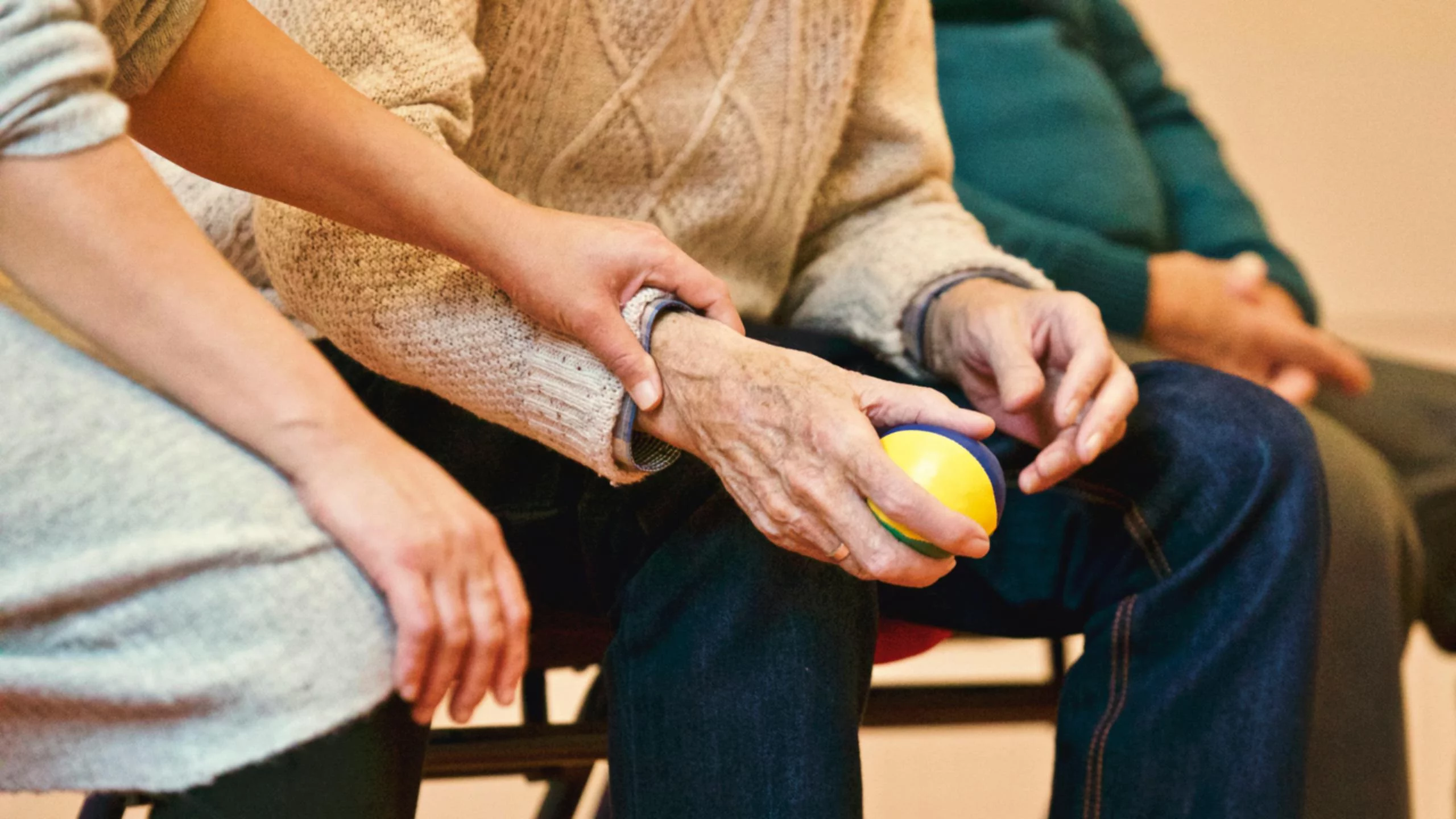What is a Clinical Nurse?
A clinical nurse, also known as a registered nurse (RN), is a highly specialized healthcare professional who provides direct patient care, assesses patient needs, and collaborates with interdisciplinary teams to ensure optimal patient outcomes. Clinical nurses work in diverse healthcare settings, including hospitals, clinics, long-term care facilities, and community health centers, delivering comprehensive and compassionate care to patients of all ages and backgrounds.
Clinical Nurse Job Description
We are currently seeking dedicated and skilled clinical nurses to join our esteemed healthcare team. As integral members of our facility, successful candidates will play a vital role in providing high-quality clinical care to patients across various healthcare settings.
As a clinical nurse, you will have the opportunity to utilize your clinical expertise, critical thinking skills, and compassionate care to provide holistic patient-centered care across the continuum of healthcare services.
The ideal candidates will possess strong clinical skills, empathy, and the ability to thrive in dynamic healthcare environments.
What Does a Clinical Nurse Do?
- Assess patients’ physical and psychological health status, collect and analyze patient data, and develop individualized care plans in collaboration with interdisciplinary healthcare teams to address patients’ unique needs and promote optimal health outcomes.
- Deliver direct patient care, including medication administration, wound care, diagnostic procedures, and patient education, in accordance with evidence-based practice guidelines, professional standards, and regulatory requirements.
- Monitor patients’ vital signs, symptoms, and responses to treatment, and communicate effectively with healthcare team members to ensure timely interventions, continuity of care, and patient safety.
- Educate patients and their families about health conditions, treatment options, preventive care measures, and self-management strategies to empower patients to participate in their healthcare decisions and promote health literacy and self-care.
- Advocate for patients’ rights, preferences, and values, and collaborate with healthcare team members to ensure respectful, dignified, and culturally sensitive care delivery that honors patients’ autonomy, confidentiality, and informed consent.
- Promote interdisciplinary collaboration, teamwork, and communication among healthcare team members to facilitate care coordination, continuity of care, and effective healthcare delivery across various healthcare settings.
- Participate in quality improvement initiatives, evidence-based practice projects, and professional development activities to enhance clinical knowledge, nursing skills, and patient care outcomes and contribute to organizational excellence and innovation in healthcare delivery.
- Maintain accurate and up-to-date documentation of patient assessments, interventions, and outcomes in electronic health records (EHRs) and other healthcare information systems, ensuring compliance with regulatory standards, confidentiality requirements, and professional ethics.
- Collaborate with healthcare team members, including physicians, nurse practitioners, physician assistants, and allied health professionals, to develop and implement comprehensive care plans, discharge plans, and care transitions that promote continuity of care and support patients’ holistic health and well-being.
How Much Do Clinical Nurses Make?
As per the U.S. Bureau of Labor Statistics (BLS), Clinical Nurse Specialists (CNSs) are currently categorized alongside registered nurses (RNs). Nonetheless, healthcare diagnosing or treating practitioners, including CNSs, have the potential to earn a higher salary, averaging around $100,000, as reported by the BLS.
Skill Requirements
- Clinical Expertise: Clinical nurses must possess advanced clinical knowledge, skills, and competencies in nursing practice, including assessment, diagnosis, planning, implementation, and evaluation of patient care across diverse healthcare settings and patient populations.
- Empathy and Compassion: Clinical nurses should demonstrate empathy, compassion, and sensitivity in addressing patients’ physical, emotional, and psychological needs, fostering therapeutic relationships, and providing patient-centered, holistic care that respects patients’ dignity, autonomy, and cultural diversity.
- Critical Thinking and Problem-Solving: Clinical nurses must exhibit strong critical thinking, clinical judgment, and problem-solving abilities in analyzing complex patient situations, identifying priorities, and implementing evidence-based interventions to achieve positive patient outcomes and optimize healthcare delivery.
- Communication and Collaboration: Effective communication and collaboration skills are essential for clinical nurses to interact with patients, families, caregivers, and interdisciplinary healthcare teams, facilitating shared decision-making, care coordination, and patient education to promote health promotion, disease prevention, and wellness.
- Professionalism and Ethics: Clinical nurses should uphold professional standards of practice, ethical principles, and regulatory requirements in nursing care delivery, including patient advocacy, confidentiality, integrity, and accountability, to ensure patient safety, quality of care, and ethical conduct in healthcare practice.
- Continuous Learning and Professional Development: Clinical nurses are encouraged to engage in lifelong learning, continuing education, and professional development activities to enhance nursing competencies, expand clinical knowledge, and stay abreast of advances in nursing practice, research, and technology.
Example KPIs for a Clinical Nurse
- Patient Safety and Quality of Care: This KPI measures clinical nurses’ effectiveness in ensuring patient safety, quality of care, and positive patient outcomes by adhering to evidence-based practice guidelines, patient safety standards, and regulatory requirements in nursing care delivery.
- Interdisciplinary Collaboration and Care Coordination: This KPI evaluates clinical nurses’ collaboration, communication, and teamwork with interdisciplinary healthcare teams to promote care coordination, continuity of care, and effective healthcare delivery across various healthcare settings.
- Clinical Efficiency and Resource Utilization: This KPI assesses clinical nurses’ efficiency in managing healthcare resources, optimizing workflow processes, and minimizing healthcare costs, waste, and inefficiencies to enhance healthcare delivery, patient satisfaction, and organizational performance.
- Professional Development and Leadership: This KPI measures clinical nurses’ engagement in continuous learning, professional development, leadership opportunities, and nursing certifications to enhance nursing practice, advance nursing leadership, and promote nursing excellence in healthcare organizations.
How Can Glider AI Help You with Hiring a Clinical Nurse?
Glider’s recruitment platform is designed to prioritize competency over credentials, enabling organizations to assess candidates’ skills objectively and efficiently. Utilize Glider AI Skill Intelligence™ to streamline the hiring process, identify top-quality Clinical Nurse candidates, and ensure a mobile-first, candidate-friendly experience.
Glider AI’s Unique Features
- Verify Medical Licenses
- Validate Hundreds of Medical, Clinical, and Technical Skills
- Ensure Hiring Compliance
- Conversational Chatbot for Talent Screening
- Powerful candidate analytics
- Streamline Healthcare Hiring with AI and Automation
Go ahead and spotlight your Clinical Nurse with Glider AI today!
Schedule a Demo or contact us at info@glider.ai




